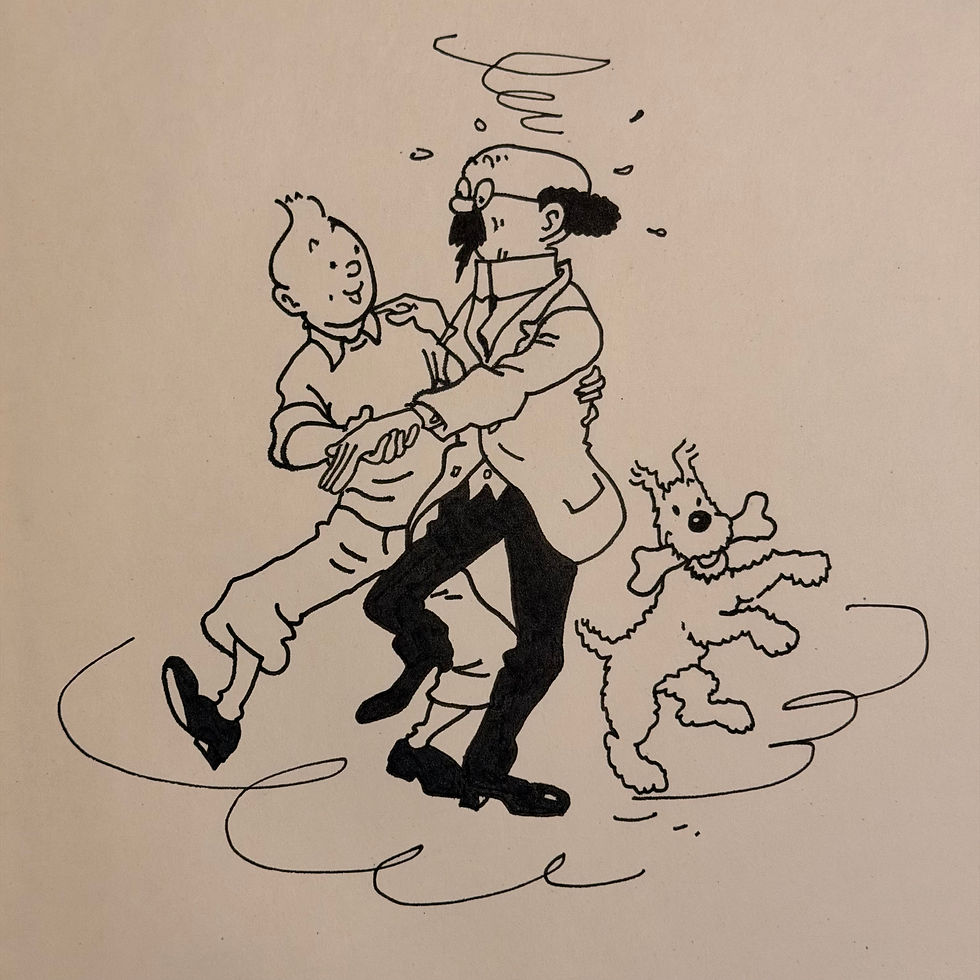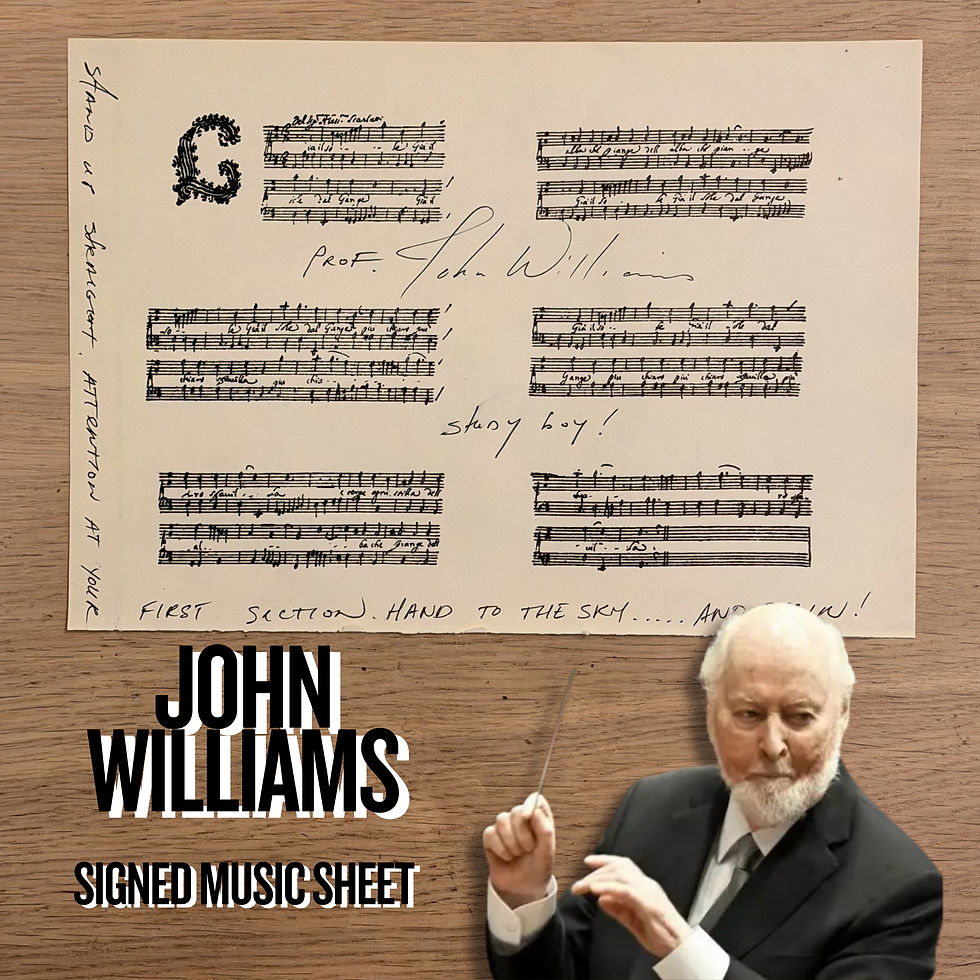Nelson Mandela (1918–2013) was a South African anti-apartheid revolutionary, political leader, and global symbol of justice and reconciliation. He became the country's first Black president (1994–1999) after spending 27 years in prison for his fight against racial oppression.
Key Aspects of His Life & Legacy:
Anti-Apartheid Activism
Joined the African National Congress (ANC) in 1943, later co-founded its militant wing, Umkhonto we Sizwe ("Spear of the Nation"), to resist apartheid.
Arrested in 1962 and sentenced to life imprisonment in 1964 (Rivonia Trial).
27 Years in Prison
Held in Robben Island, Pollsmoor, and Victor Verster prisons, enduring harsh conditions while becoming a global symbol of resistance.
Refused conditional release offers that required renouncing armed struggle.
End of Apartheid & Presidency
Freed in 1990 after international pressure, negotiating apartheid's end with President F.W. de Klerk.
Awarded the Nobel Peace Prize (1993) alongside de Klerk for peaceful transition.
Elected South Africa’s first democratically chosen president (1994–1999), promoting racial reconciliation and dismantling apartheid laws.
Global Icon
Known for his forgiveness (e.g., embracing former jailers) and commitment to human rights.
Post-presidency, focused on HIV/AIDS awareness and children’s education.
Death & Legacy
Died in 2013 at age 95; mourned worldwide.
His legacy endures in South Africa’s democracy, though challenges like inequality persist.
















